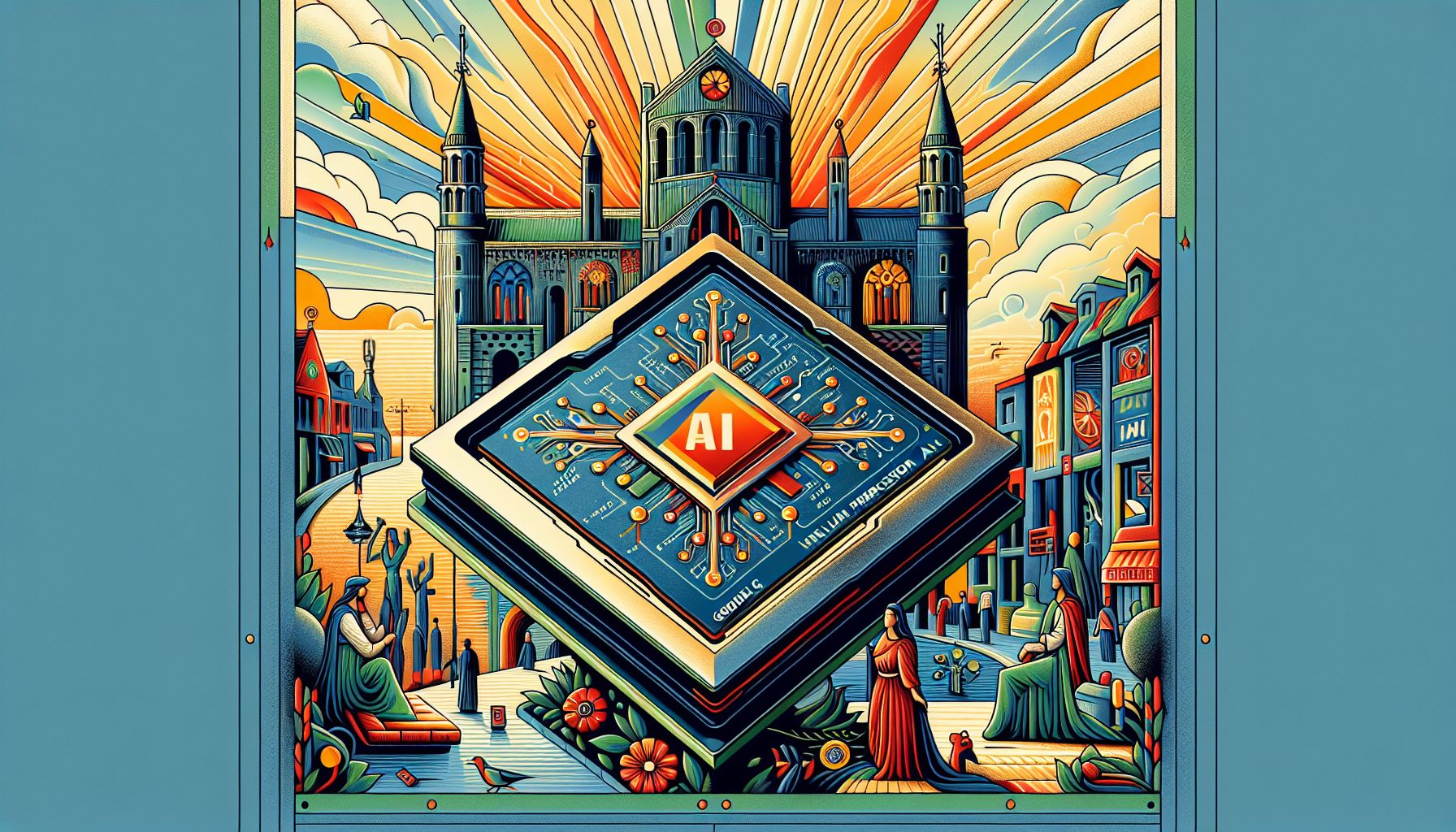Google's Trillium AI Processor: A Game-Changer in AI Development

Amsterdam, Tuesday, 17 December 2024.
Google’s Trillium processor offers a 4x performance boost in AI tasks, enhancing deep learning and reducing costs. It’s a pivotal development for the AI sector, especially in the Netherlands.
Revolutionary Performance Metrics
Google’s sixth-generation Tensor Processing Unit (TPU), Trillium, launched on December 10, 2024, represents a significant leap in AI processing capabilities [1][2]. The processor delivers four times the training performance of its predecessor while achieving a remarkable 67% increase in energy efficiency [2][3]. Most notably, the system demonstrates a 4.7x increase in peak compute performance per chip and doubles both high-bandwidth memory capacity and interchip interconnect bandwidth [2].
Infrastructure and Scale
The scale of implementation is unprecedented, with Google deploying over 100,000 Trillium chips in their Jupiter network fabric, achieving an impressive 13 petabits per second of bisectional bandwidth [1][2]. The system demonstrates exceptional scaling efficiency, achieving 99% efficiency across deployments of 12 pods consisting of 3,072 chips [2]. This infrastructure played a crucial role in training Google’s latest AI model, Gemini 2.0, with Sundar Pichai, Google’s CEO, confirming that ‘TPUs powered 100% of Gemini 2.0 training and inference’ [3].
Cost-Effectiveness and Industry Impact
The economic implications of Trillium are substantial, with training costs reduced by 2.5 times compared to previous generations [1][2]. Early adopter AI21 Labs has already reported significant improvements, with CTO Barak Lenz noting, ‘The advancements in scale, speed, and cost-efficiency are significant’ [2][3]. The processor delivers up to 3x higher relative inference throughput for Stable Diffusion XL and nearly 2x higher for Llama2-70B compared to Cloud TPU v5e [2].
Market Position and Future Implications
Trillium’s launch intensifies competition in the AI hardware sector, particularly against established players like Nvidia [3]. The processor’s integration with Google Cloud’s AI Hypercomputer positions it as a key component in the company’s broader AI infrastructure strategy [2]. However, industry analysts note that Trillium’s single-cloud reliance might present challenges in attracting enterprises seeking multi-cloud solutions [5].

